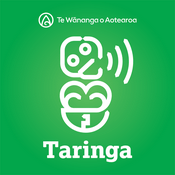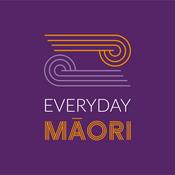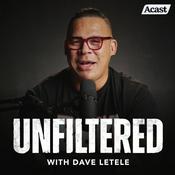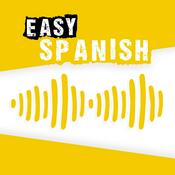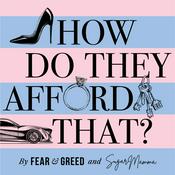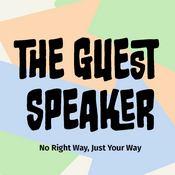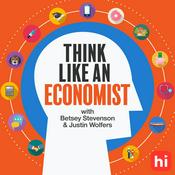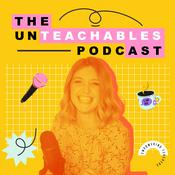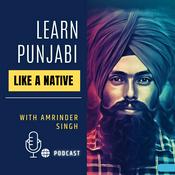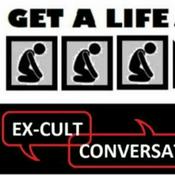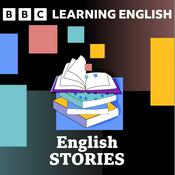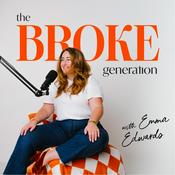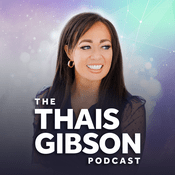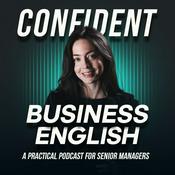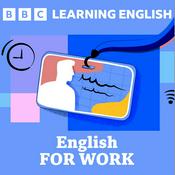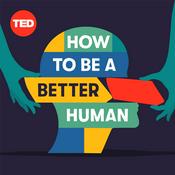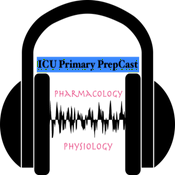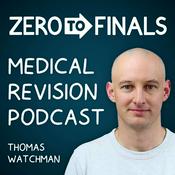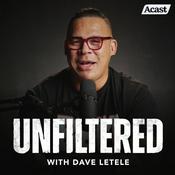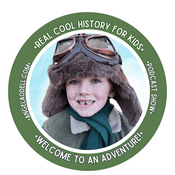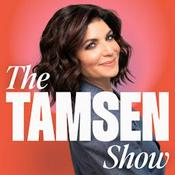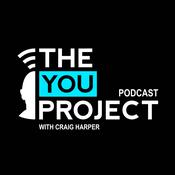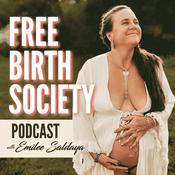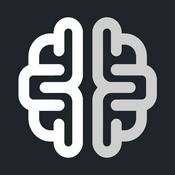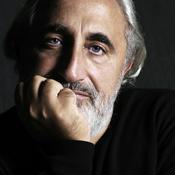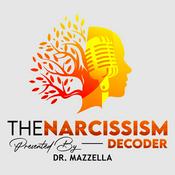17 episodes
- Can people learn in the AI era? Ashley and Cat think so. We talk about Ashley's experiences teaching programming and co-designing WITH students (not against them) to create shared classroom norms around AI, and about the metacognitive skills that Cat is sharing with the software teams and developers she works with to bring a "dynamic textbook" approach to using AI to build understanding, not degrade it.
Cat's Learning Opportunities Claude Skill, with a scientific reference list to the effects we also talk about in this episode, can be found here: https://github.com/DrCatHicks/learning-opportunities
Cat also wrote a recent piece about the complexity of measuring the impact of AI in Software Organizations: https://www.fightforthehuman.com/how-not-to-measure-the-roi-from-ai-in-your-software-organization/
Learn more about Ashley:
https://ashleyjuavinett.com/
https://mastodon.social/@analog_ashley
analog-ashley.bsky.social
Learn more about Cat:
https://www.drcathicks.com/
https://mastodon.social/@grimalkina
grimalkina.bsky.social - This isn't the episode we planned, but it's what is on our minds right now. We talk about the power of knowing your neighbors and a few ways in which we've found solace and meaning in building our local community. Here's a glimpse into our playbook -- tell us about yours in the comments.
Learn more about Ashley:
https://ashleyjuavinett.com/
https://mastodon.social/@analog_ashley
analog-ashley.bsky.social
Learn more about Cat:
https://www.drcathicks.com/
https://mastodon.social/@grimalkina
grimalkina.bsky.social - The story from Janet Hyde about her motivations to get a grant and "fight with data" can be found here:
https://www.psychologicalscience.org/observer/janet-shibley-hyde-sinks-stereotypes-with-data
Cat summarizes a ton of research for this episode. Key citations, most of which contain large literature reviews themselves:
Adamecz-Völgyi, A., Jerrim, J., Pingault, J. B., & Shure, N. (2023). Overconfident boys: The gender gap in mathematics self-assessment.
Brescoll, V. L., Dawson, E., & Uhlmann, E. L. (2010). Hard won and easily lost: The fragile status of leaders in gender-stereotype-incongruent occupations. Psychological Science, 21(11), 1640-1642.
Carr, M., Jessup, D. L., & Fuller, D. (1999). Gender differences in first-grade mathematics strategy use: Parent and teacher contributions. Journal for research in mathematics education, 30(1), 20-46.
Del Toro, J., Legette, K., Christophe, N. K., Pasco, M., Miller-Cotto, D., & Wang, M. T. (2024). When ethnic–racial discrimination from math teachers spills over and predicts the math adjustment of nondiscriminated adolescents: The mediating role of math classroom climate perceptions. Developmental psychology.
Else-Quest, N. M., Hyde, J. S., & Linn, M. C. (2010). Cross-national patterns of gender differences in mathematics: a meta-analysis. Psychological bulletin, 136(1), 103.
Gesuelli, K. A., Miller-Cotto, D., & Barbieri, C. A. (2025). Variability in math achievement growth among students with early math learning difficulties and the role of school supports. Journal of Educational Psychology.
Hyde, J. S., & Linn, M. C. (2006). Gender similarities in mathematics and science. Science, 314(5799), 599-600.
Hyde, J. S., Lindberg, S. M., Linn, M. C., Ellis, A. B., & Williams, C. C. (2008). Gender similarities characterize math performance. Science, 321(5888), 494-495.
Hyde, J. S., & Mertz, J. E. (2009). Gender, culture, and mathematics performance. Proceedings of the national academy of sciences, 106(22), 8801-8807.
Hyde, J. S., & Mertz, J. E. (2009). Reply to Crespi: Gender similarities, culture, and mathematics performance. Proceedings of the National Academy of Sciences, 106(37), E103-E103.
Hyde, J. S., Bigler, R. S., Joel, D., Tate, C. C., & van Anders, S. M. (2019). The future of sex and gender in psychology: Five challenges to the gender binary. American Psychologist, 74(2), 171.
Kane, J. M., & Mertz, J. E. (2012). Debunking myths about gender and mathematics performance. Notices of the AMS, 59(1), 10-21.
Lindberg, S. M., Hyde, J. S., Petersen, J. L., & Linn, M. C. (2010). New trends in gender and mathematics performance: a meta-analysis. Psychological b
Learn more about Ashley:
https://ashleyjuavinett.com/
https://mastodon.social/@analog_ashley
analog-ashley.bsky.social
Learn more about Cat:
https://www.drcathicks.com/
https://mastodon.social/@grimalkina
grimalkina.bsky.social - First of all, in this episode you'll learn why Ashley has shipped ONE THOUSAND COCKROACHES through the mail. Second of all, Ashley shares about getting scientists to tell stories, taking risks to share knowledge, and doing science communication in places that don't look like a university campus.
We talk about work with the following amazing organizations:
Guerilla Science
SASSY San Diego
Caveat NYC
If you want more science storytelling in your life, please check out The Story Collider.
The recording kits we sent to students were made by Backyard Brains.
If you're curious about Ashley's neurobiology lab class, you can learn more about it here.
Ashley also wants to give a shout out to the amazing UC San Diego staff who made shipping cockroaches during a global pandemic possible, and who still maintain the ongoing roach colony, occasionally even feeding them donuts.
Learn more about Ashley:
https://ashleyjuavinett.com/
https://mastodon.social/@analog_ashley
analog-ashley.bsky.social
Learn more about Cat:
https://www.drcathicks.com/
https://mastodon.social/@grimalkina
grimalkina.bsky.social - Ashley, Cat, and Danilo reflect on the major themes after one year of Change, Technically.
For more information on consulting with Cat, please visit https://www.catharsisinsight.com/
---
SHOW NOTES:
On women’s loss of status in gender incongruent professions: https://journals.sagepub.com/doi/abs/10.1177/0956797610384744
On links between self-compassion and prosocial behavior: https://pmc.ncbi.nlm.nih.gov/articles/PMC4026714/
On psychological essentialism: https://www.cell.com/trends/cognitive-sciences/abstract/S1364-6613(04)00183-4
On Shigeru Miyamoto's development of Donkey Kong (Note the line in this article, "Yamauchi [Nintendo's President] assured him [Miyamoto] his lack of technical skills would not be a problem."): https://www.gamedeveloper.com/business/the-secret-history-of-i-donkey-kong-i-
Learn more about Ashley:
https://ashleyjuavinett.com/
https://mastodon.social/@analog_ashley
analog-ashley.bsky.social
Learn more about Cat:
https://www.drcathicks.com/
https://mastodon.social/@grimalkina
grimalkina.bsky.social
More Education podcasts
Trending Education podcasts
About Change, Technically
Ashley Juavinett, PhD and Cat Hicks, PhD explore technical skills, the science of innovation, STEM pathways, and our beliefs about who gets to be technical—so you can be a better leader and we can all build a better future.Ashley, a neuroscientist, and Cat, a psychologist for software teams, tell stories of change from classrooms to workplaces.Also, they're married.
Podcast websiteListen to Change, Technically, Keep The Change and many other podcasts from around the world with the radio.net app
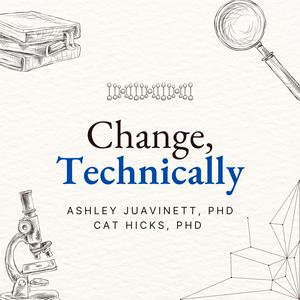
Get the free radio.net app
- Stations and podcasts to bookmark
- Stream via Wi-Fi or Bluetooth
- Supports Carplay & Android Auto
- Many other app features
Get the free radio.net app
- Stations and podcasts to bookmark
- Stream via Wi-Fi or Bluetooth
- Supports Carplay & Android Auto
- Many other app features


Change, Technically
Scan code,
download the app,
start listening.
download the app,
start listening.





